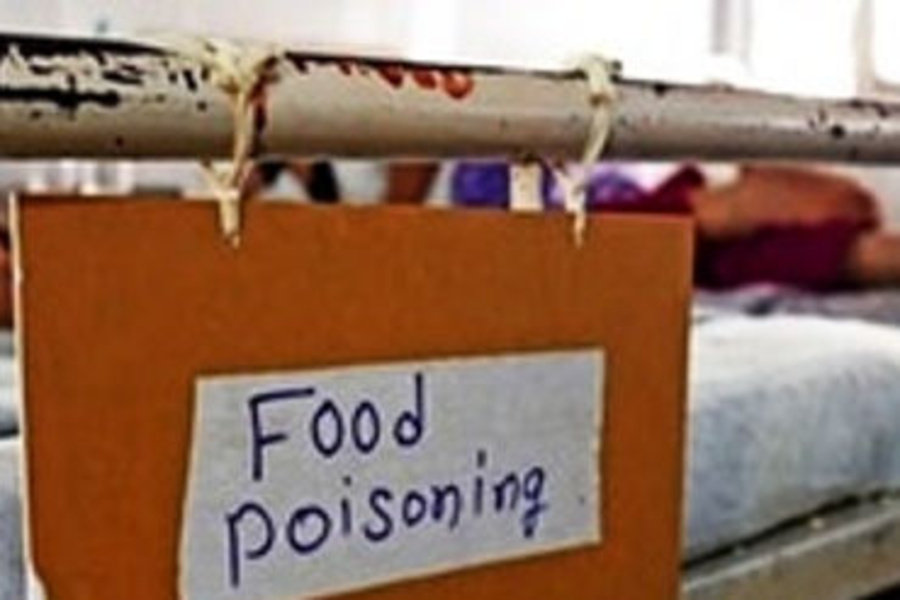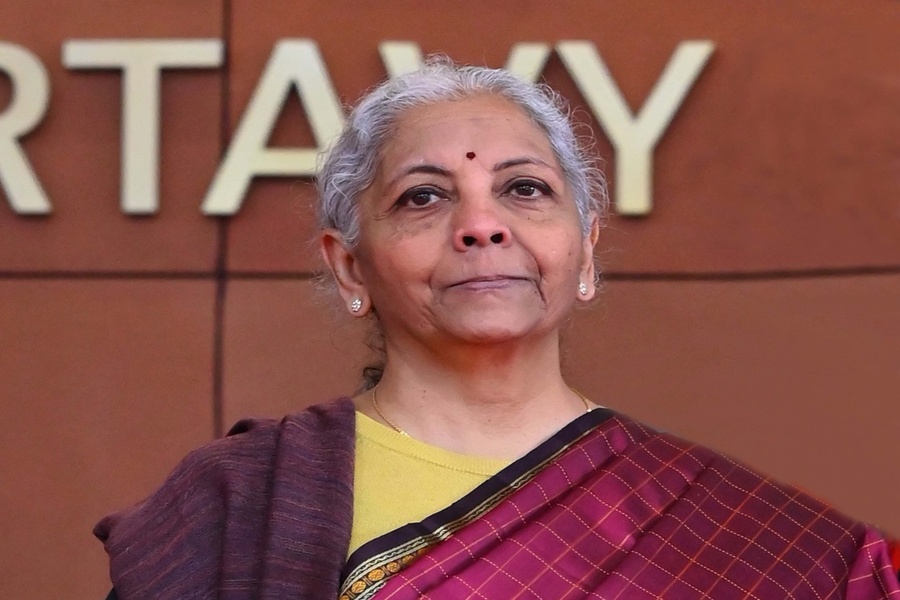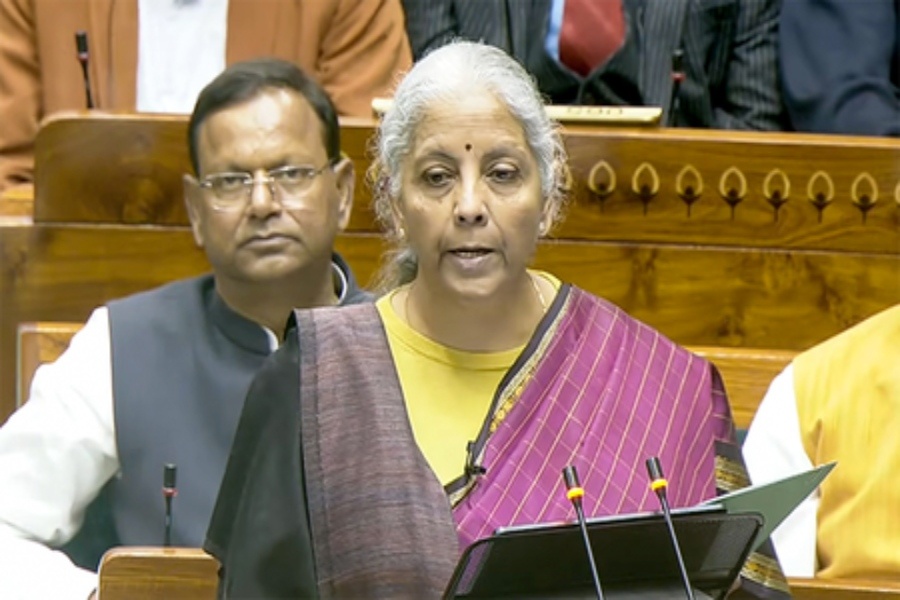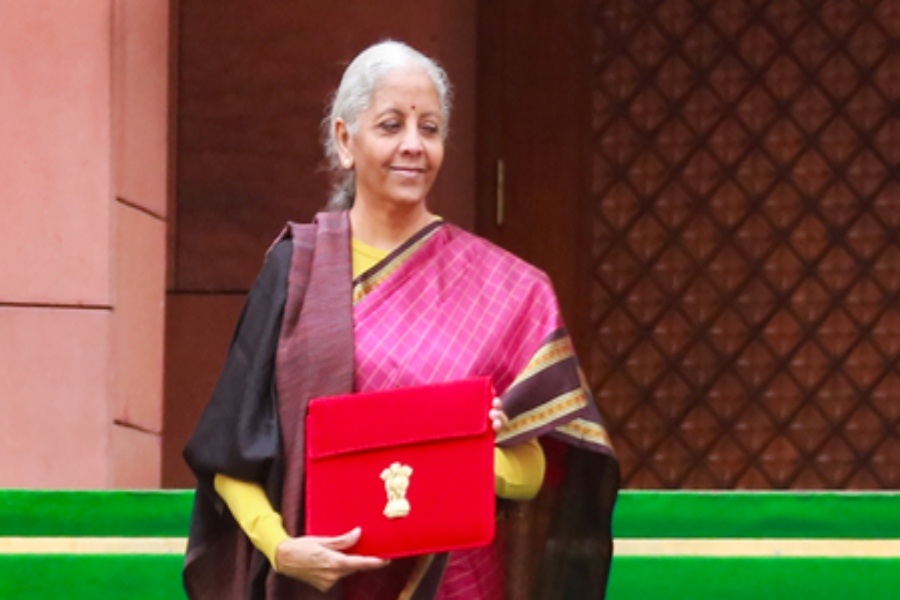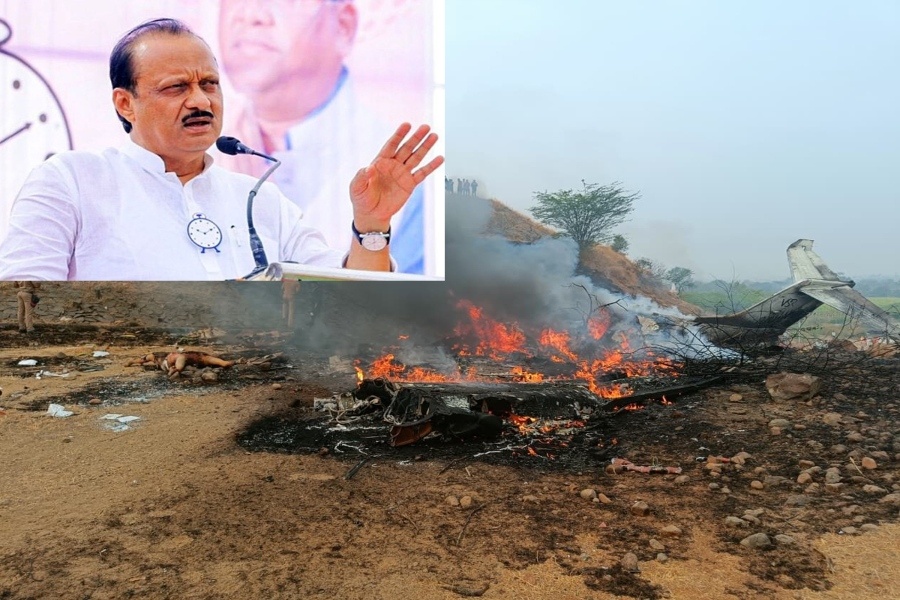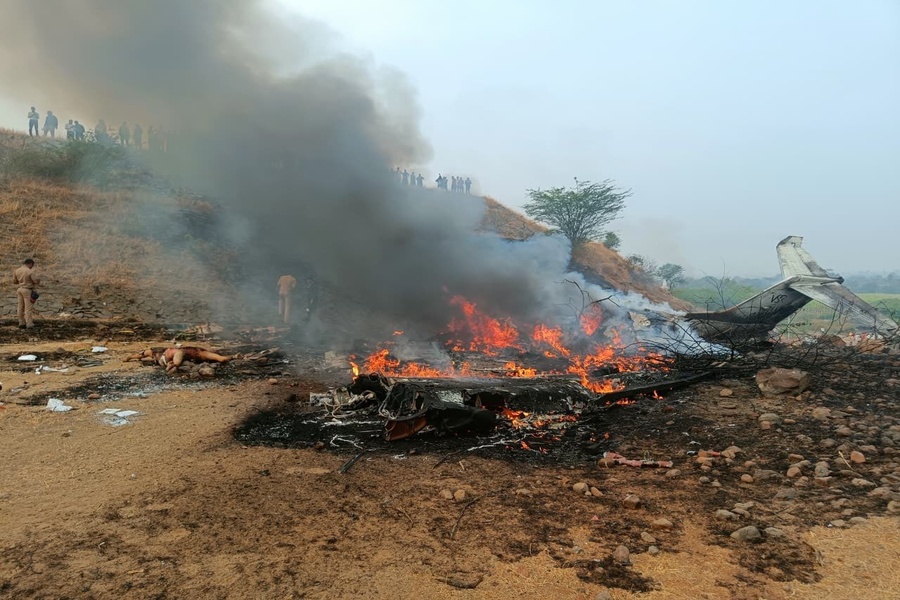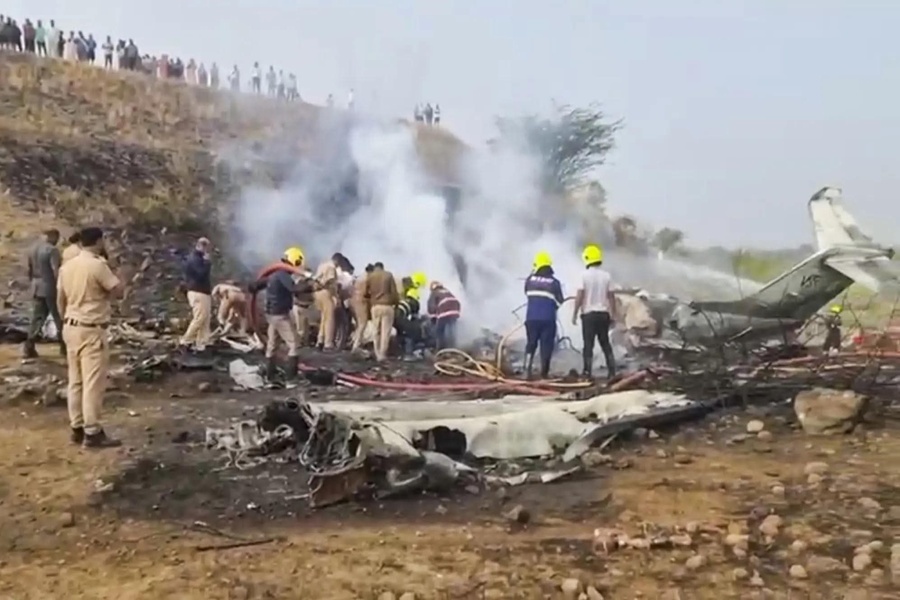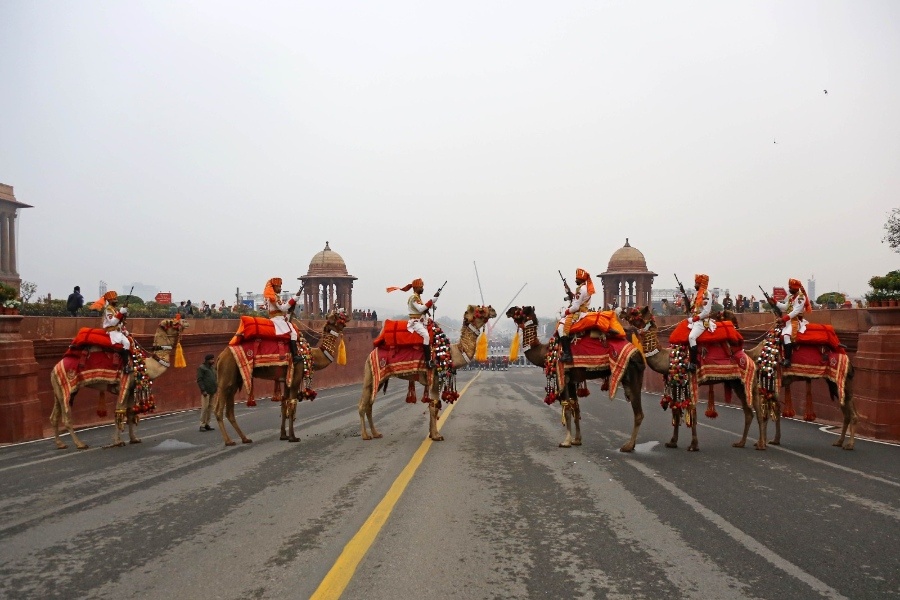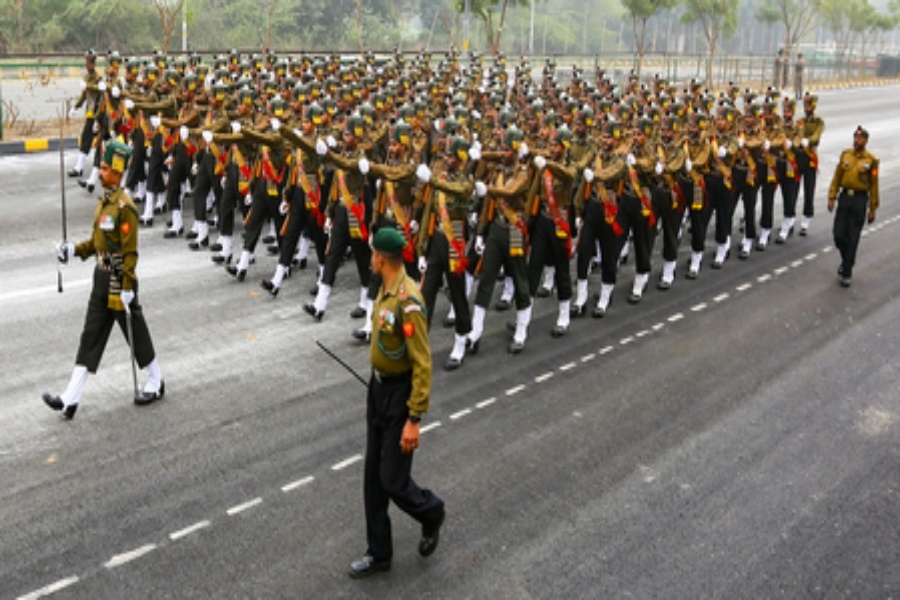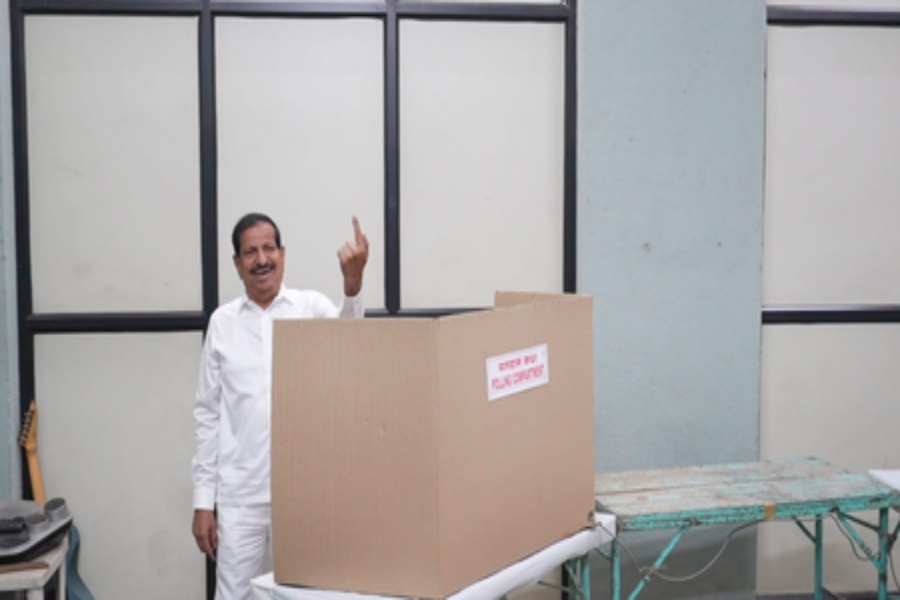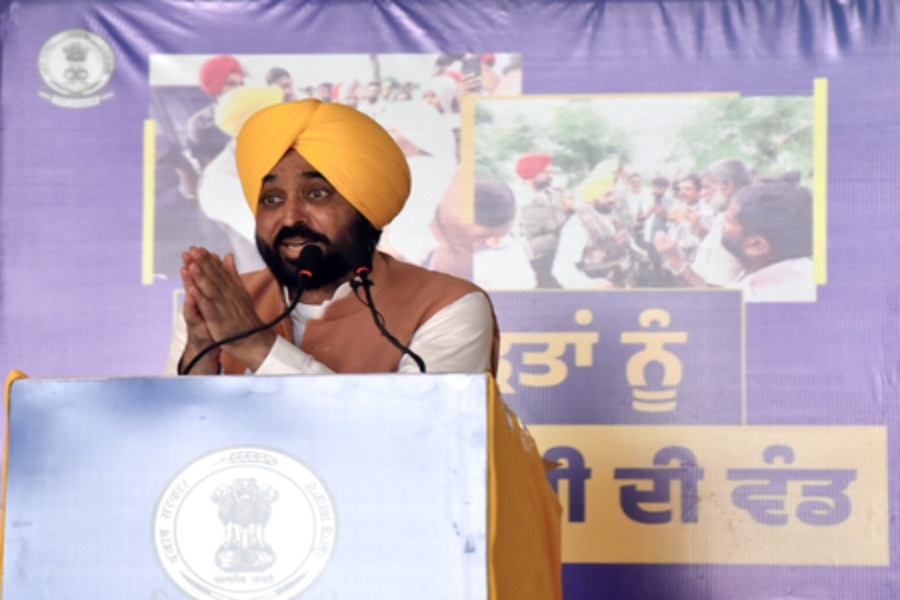Panic erupted at Gyanshakti Residence School in Matar taluka, Kheda district, Gujarat, after more than 60 students reported symptoms including diarrhoea, vomiting, fainting, and panic attacks.
The affected children were rushed to Kheda Civil Hospital on Thursday night via 108 ambulances, creating chaos as medical staff scrambled to provide treatment.
Preliminary inspections by district authorities pointed to unhygienic conditions in the school kitchen, where food was reportedly being prepared in unsanitary surroundings. Officials noted that flour and roti-making machines were not cleaned regularly, and dirty utensils were found alongside food items. Photographs were taken of the kitchen both before and after it was hastily cleaned following the officials’ visit.
Senior officials, including the District Health Officer, District Primary Education Officer, and Kheda Mamlatdar, conducted inspections at both the school and hospital. Food samples have been collected and sent for laboratory testing, and strict action may be taken against the school administration if negligence is confirmed.
While parents and local residents accused the school of serious lapses and even attempting to downplay the incident, health authorities sought to calm fears of food poisoning. “The effect of food poisoning is not apparent. Only one child experienced normal vomiting, while a few others showed mild seasonal symptoms,” said Health Officer V.S. Dhruv. He added that if contaminated food had been the cause, a larger number of children would have exhibited severe reactions. Investigations are ongoing.
This incident is part of a wider pattern of food-related illnesses in Gujarat over the past year. In Dahod district, over 60 girls at a residential school fell ill after dinner, showing symptoms such as vomiting, nausea, and stomach pain. At Maharaja Sayajirao University (MSU) in Vadodara, more than 100 female hostel students suffered acute food poisoning following an evening meal, prompting hospitalisation, and leading to the blacklisting of the food contractor for lacking a valid licence. In Mehsana, 33 people fell ill after consuming ‘Kopra Pak’ at a school event, with several hospitalised and samples sent for testing.
Historic outbreaks in the state include Sudamda (Sayla), where over 300 people, including children, were affected after consuming contaminated buttermilk served as ‘prasad,’ and a wedding in Gir Somnath, where 250 guests were hospitalised following consumption of tainted buttermilk.
On the regulatory front, the Gujarat FDCA conducted more than 190 raids in 2024–25, seizing 351 tonnes of suspected substandard or adulterated food items worth ₹10.5 crore. Out of 60,448 samples tested, 1.45% failed quality checks, and 0.17% were deemed unsafe. Enforcement measures included 980 adjudication cases and 87 court proceedings, alongside the state’s expansion of testing infrastructure with new laboratories and mobile testing vans.

